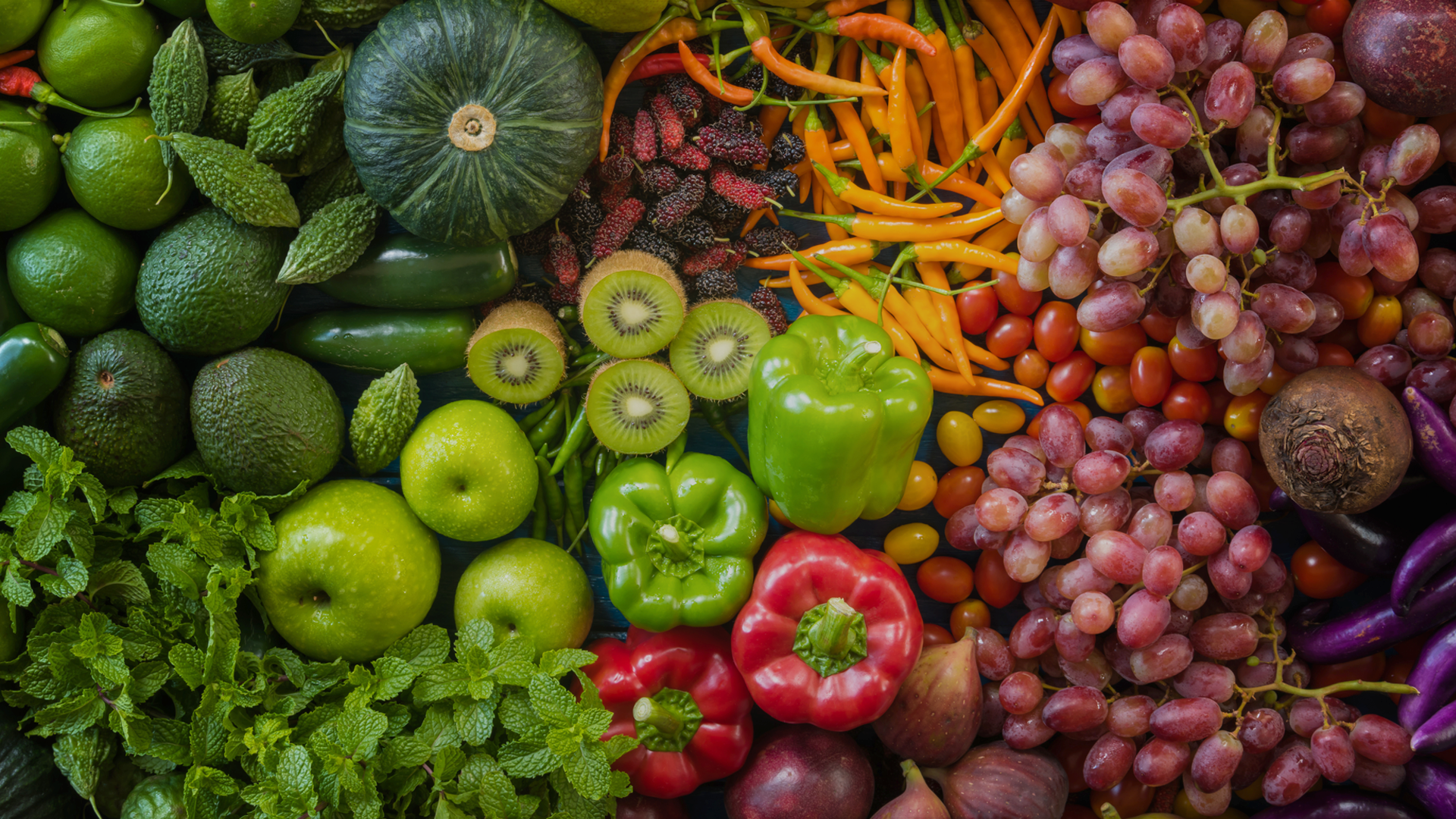
The Academy workforce is made up of passionate, knowledgeable and experienced colleagues, who continuously go above and beyond to deliver best in class solutions.

First up is Rob Cass, Operations Manager, who is responsible for our education clients across the south of England. Rob shared his impressive journey from leaving school at 16, to serving the Queen!
Determined to pursue a career as a Chef, Rob left school at 16, where he spent two years honing his craft as an apprentice at the popular York restaurant Russell’s. After moving to Swindon, he spent the following 5 years working within restaurants and hotels in the local area, which led to a Head Chef role at the four-star Marriott hotel. Throughout this time, Rob developed his skills as a chef and became interested in identifying new food trends which had not yet reached the mainstream market. Initially joining Academy as a Head Chef in 2010, Rob’s experience and skillset saw him rise through the company to his current role of Operations Manager.

In his 12 years with Academy, a career highlight for Rob was catering for the Foreign Ministers, translators, police and security attending the Foreign Ministers’ dinner at the Royal Welsh College of Music and Drama following the 4th of September 2014 NATO summit. The team was headed by Michelin Star chef Stephen Terry, who designed the menu.
“The security was incredible” Rob told us. “Food samples were taken before and after the event so they could be tested for poisons. Behind the plating area were large windows looking onto a park; I remember a helicopter swooping down and sweeping the park with a spotlight for snipers.”
Rob has served Queen Elizabeth II twice, at the Birmingham School of Dentistry and at Priory View assisted living development in Dunstable. He oversaw the first event; from developing menus; hiring equipment; to ensuring the food and service were of the highest quality. In collaboration with our Chef Development team, Rob put together a menu using seasonal produce that was sent to the palace for approval. The team then conducted a tasting day to ensure that the food was to the standard wanted whilst giving the chefs an opportunity to practice in a controlled environment.
 “The first time I served the Queen I remember she had Corn Fed Chicken, one of her favourite dishes. The second time, we served Venison; another of her favourite dishes; with Mustard Choucroute, Sloe Gin Jelly and Juniper Jus. She had Smoked Ham Hock Terrine for a starter and a cheese platter with Gloucester Blue and Vintage Cheddar for dessert. The cheese board was served on a wood platter alongside Artisan Biscuits, Chutney and fresh butter piped into miniature milk churns.”
“The first time I served the Queen I remember she had Corn Fed Chicken, one of her favourite dishes. The second time, we served Venison; another of her favourite dishes; with Mustard Choucroute, Sloe Gin Jelly and Juniper Jus. She had Smoked Ham Hock Terrine for a starter and a cheese platter with Gloucester Blue and Vintage Cheddar for dessert. The cheese board was served on a wood platter alongside Artisan Biscuits, Chutney and fresh butter piped into miniature milk churns.”
“I had to make sure the specific requirements of the Palace were met. For example, the Queen requested a Gin and Dubonnet cocktail with an entire lemon, which her Lady in Waiting would then slice. The Duke of Edinburgh preferred a pale ale.
After the meal, I met the Queen and the Duke of Edinburgh, who both shook my hand and thanked me for the meal. I then introduced them to the team. A few days later we received a letter from the palace complementing the lunch and service.”
In his current role as Operations Manager, Rob visits schools to talk to students about nutrition, allergens and food preparation. Rob also holds talks about why students should consider a career in the hospitality industry. “Throughout my career I have served actors, footballers and pop stars and students at various schools. Working for Academy has provided me various once in a lifetime opportunities that I would have never get to do in a 9 to 5 job.”















